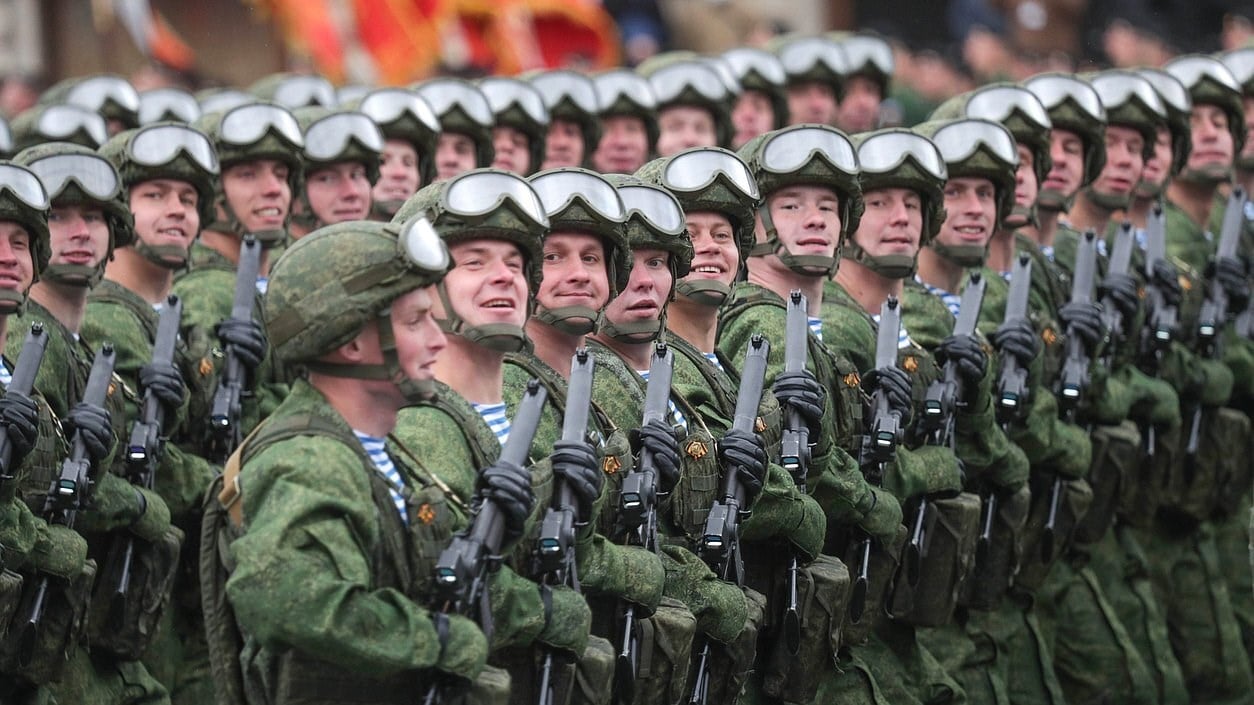Russian state Duma prepares bill allowing deputies to fight in Ukraine
A new law will deprive deputies of deferment from partial mobilization in Duma, allowing them to join their citizens in the ongoing Ukraine war.
-

A platoon of Russian soldiers. (Duma.gov.ru)
A bill is being prepared in the Russian state Duma which will deprive deputies of deferment from partial mobilization if they want to participate in the war in Ukraine, according to Vitaly Milonov, a deputy from Duma and a member of the United Russia party, to Sputnik.
"The federal law says that deputies are not subject to mobilization. And all our volunteers do everything voluntarily, despite the fact that they are required to attend meetings. And if a decision is made, it would be necessary that all our volunteers do not look like violators of the regulations," Milonov explained.
The law at the time provides a deferment for not only deputies but also for those who are ready to mobilize. Without the law, these individuals are not able to formalize their absence from Duma, according to Milonov, and this would deter them from participating in the war.
"We are now bringing this issue up so that my colleagues - United Russia deputies - and I can mobilize," Milonov said.
Partial mobilization comes as NATO fights Russia
Last month, Kremlin spokesperson Dmitry Peskov said that Moscow has decided to declare a partial mobilization as NATO now de facto confronts Russia with all of its logistical capabilities.
"[Russian] President [Vladimir Putin] in his address... gave a clear description and explained the reasons for making such a decision. The fact is that the special operation began ... to fulfill the goals in Ukraine. Now, de facto, we are actually confronted by ... the NATO bloc with all its logistical capabilities," Peskov said.
Commenting on whether partial mobilization drafts up to one million people, Peskov said as quoted by Sputnik that "it is a lie."
Media outlets unverifiably reported that a classified seventh paragraph of Russia's decree on partial mobilization contained information about the recruitment of up to one million people.

 2 Min Read
2 Min Read









